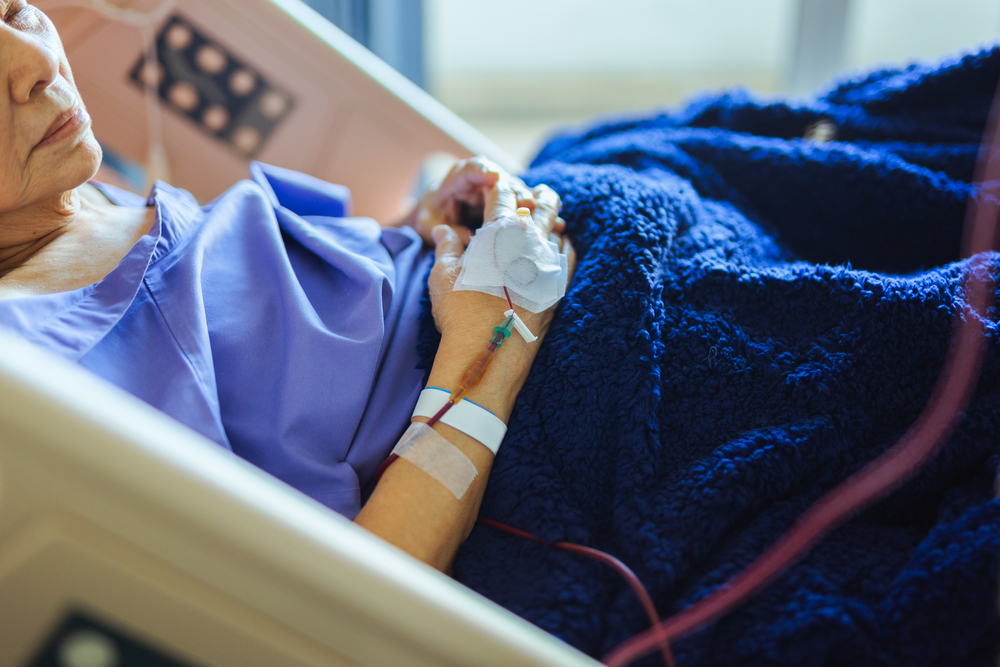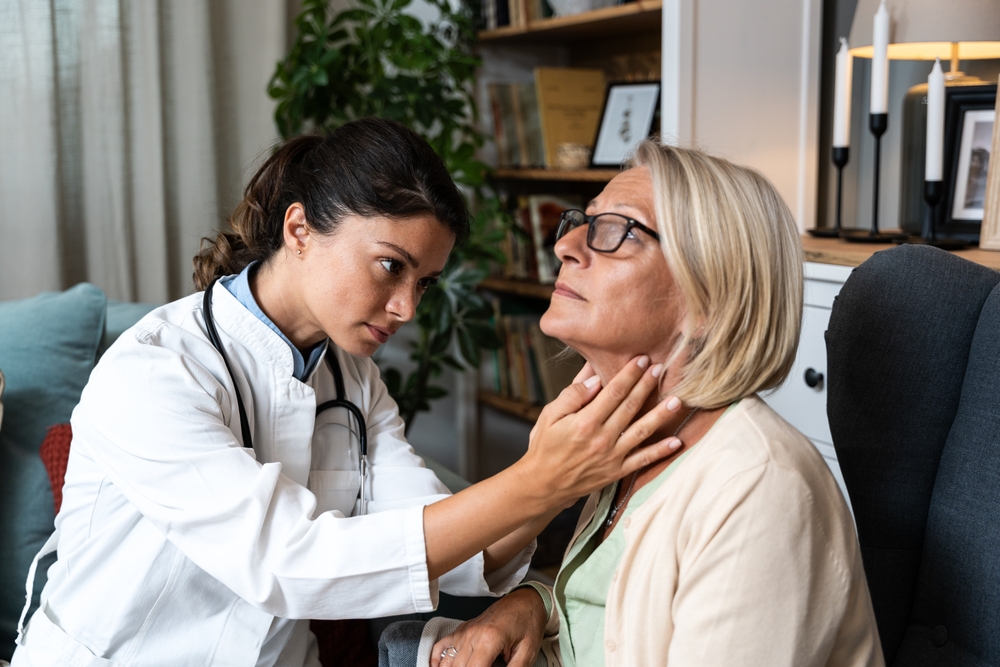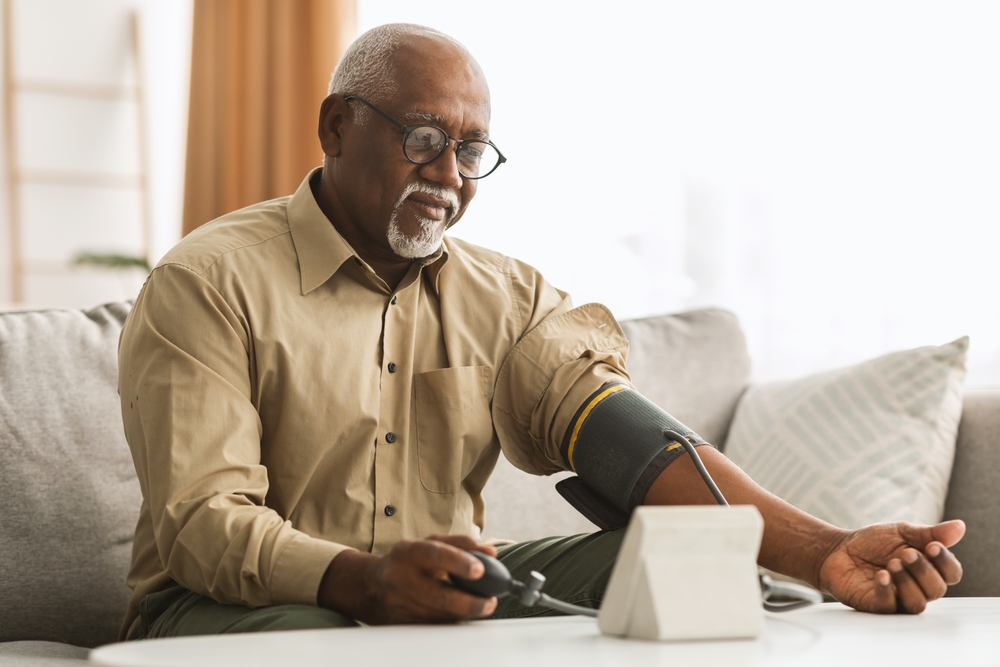Home Care After Heart Attack in Elderly Adults
Category:

Heart attacks occur when there’s a reduction or blockage in blood flow to the heart. In the United States, someone has a heart attack every 40 seconds. With that number in mind, it’s important to take the utmost care. In this post, we will review what you need to know about the causes, symptoms, and what it’s like recovering from a heart attack in the elderly.
Download Our Heart Health Guide
What Causes Heart Attacks in the Elderly?
Before we get into what to do after a heart attack, we will take a closer look at the causes. This information can be used to aid in recovery from a minor or mild heart attack. Some risk factors for heart attacks include:
-
Autoimmune conditions, such as rheumatoid arthritis or lupus
-
Drug (such as cocaine and amphetamines) and tobacco use
-
Family history
-
High blood pressure
-
High cholesterol
-
History of preeclampsia during pregnancy
-
Lack of exercise
-
Metabolic syndrome
-
Obesity
-
Stress
-
Unhealthy diet of sugars, fats, and salt
In the next sections, we will review the symptoms of heart attack and care after a heart attack.
What Are the Symptoms of Heart Attack in the Elderly?
Before we get into recovering from a heart attack, let’s take a closer look at some of the signs and symptoms. If you are concerned your elderly loved one is having a heart attack, you should call 911 immediately. Some of these symptoms to look out for include:
-
Confusion or anxiety
-
Discomfort or pain in the chest
-
Discomfort in other areas of your upper body, such as arms, neck, back, jaw, or stomach
-
Extreme fatigue
-
Racing or uneven heartbeat
-
Restlessness
-
Shortness of breath
-
Sweating
-
Vomiting or nausea
-
Lightheadedness, dizziness, or fainting
Now that we know more about heart attack symptoms, let’s review some steps one can take regarding heart attack aftercare.
What Is Recovery After Heart Attack Like in Elderly?
Now that your loved one is safe at home recovering, it is imperative that they practice good post-heart attack care. This can include everything from lifestyle changes to following doctors’ orders. Steps for proper heart attack care at home include:
-
Eat a healthy diet. A diet filled with vitamins, minerals, and fiber is sure to keep one’s heart healthy. It’s also recommended to choose healthy fats such as nuts and to avoid fried foods and animal fats.
-
Make lifestyle changes. Your loved one should quit smoking, get regular exercise, and manage stress levels. Furthermore, help your loved one out with physically demanding activities, such as household chores or grocery shopping, to ensure they aren’t put under extra stress.
-
Take care of other underlying health conditions. This includes taking steps to manage high blood pressure and diabetes. Get regular checkups with your health care provider and listen to their guidance.
-
Take your medications as needed. Your doctor may prescribe medications to improve your overall heart health. Take them as directed.
Keep an eye out. After suffering from a heart attack, your loved one is more likely to experience a second heart attack. Monitor them closely, and do not be afraid to ask for outside help.
Subscribe
Date: 2022-07-26
Category:


